 Grunting Baby Syndrome – While Sleeping at Night? by Lowell Arthur - issuu
Grunting Baby Syndrome – While Sleeping at Night? by Lowell Arthur - issuuNewborn and Baby Dream Foundations Who coined the term "maintaining like a baby" didn't seem to know much about them, because newborns are notoriously restless who are hungry every few hours and rarely, if ever, they do it through the night without waking up. If you're wondering (or worrying) about your baby's sleep habits, remember these facts, then relax, enjoy that adorable child of yours and try to get him to rest well. Newborn Sleep Summary Helps to remember some newborn sleep principles so that you don't scratch your hair when you're up in the middle of the night over and over:1. Newborns sleep most of the day. A newborn baby doesn't have a lot of pattern on his sleep schedule. The baby will sleep anywhere from 14 to 17 of every 24 hours, give or take. Your little one will probably only be awake for 30 minutes at one hour at a time, and will sleep anywhere from 15 minutes to three hours at a time.2. Newborns need to eat all the time. Newborns have very small tummies, so although it would be nice to charge your baby with breast milk or formula at bedtime and not listen to it until morning, it doesn't work that way (at least not yet). Newborns need to eat at least every two or four hours, even at night. So how do you know when your baby's whims are a call for food? The key is to learn so that you can respond quickly when you are really hungry (in the hope that, after a little treatment, you will dream again quickly) or let it be if you are making noises in your dream.3. Newborns are restless. While older children (and new parents) can make peaceful noises for hours, young babies are astonished and actually wake up a lot. That's because about half of their sleep time is spent in the REM mode (psychiatric eye movement) — that light and active dream during which babies move, dream and maybe wake up with a whip. Don't worry. As it matures, its will also, with less REM cycles and more deep sleep periods and more silent.4. Newborns are noisy sleepers. Irregular breathing that may include short breaks and strange noises is rarely cause of alarm, but may scare new parents. Here's a quick lesson on your baby's breathing development to put things in perspective: A newborn's normal breathing rate is about 40 to 60 breaths per minute while awake, although that can decrease to 30 to 40 breaths per minute once he's asleep. Or you can take superficial and fast breathing for 15 to 20 seconds followed by a total pause in which you stop breathing completely for a few seconds. You can blame all this at the immature breathing control center in your brain, which remains a work in progress.5. Newborns usually confuse day and night. Before your little one was born, he lived in total darkness and became accustomed to snoozing the day away (as it was when you were more active, hitting him with scoop) and kicking his heels at night. Happily, its night forms are only temporary, and as it adjusts to life abroad, it will stop, often at the end of the first month.6. Your sleep habits affect your baby. Studies have shown what you probably already know: Well-protected parents are more able to help their babies regularize. If you're exhausted, it'll be a lot harder for your baby to calm down. Please ask for help if you need it, especially at night. It may seem obvious, but taking care of you is one of the best things you can do to help your child have the right amount of quality sleep. How much do babies sleep? Babies have different sleep requirements depending on age and stage. Here is a sleeping chart showing your health and development. Born to 3 months Recommended total sleep: 14-17 hours Acceptable range: Not less than 11 hours or more than 19 hours Night sleep: 8-9 hoursName: 7-9 hours (3-5 naps)4 to 11 months Recommended total sleep: 12-15 hours Acceptable range: Not less than 10 hours or more than 18 hours Night sleep: 8-10 hours Naps: 4-5 hours (2-3 weeks) How to make your newborn sleep When it comes to adjusting to life outside, your baby could appreciate the sorcerers who remind you of "home". Try any or all of these dream strategies to make baby delivery to Dreamland a little easier.1. Follow the safe sleep patterns. How your baby finds and gets to sleep is a matter of safety, not just comfort. Put your newborn in your cradle, bassinet or playard without loose bed linen, pillows, blankets, stuffed animals or cradles. Experts also recommend sharing room until the baby is at least 6 months old. These prevent overheating and asphyxiation, and , or sudden childhood death syndrome.2. Try to put it in the sleepy bed but awake. Your baby isn't born knowing how to calm himself down to sleep, and if you let him sleep in your arms, you're doing his important job for him. A better idea is to hit him, spin him or kick him gently in the back until he's just assing, and then get him down when he's sleepy but still awake so he can learn to sleep on his own. Another idea: Try your hand before you leave. Studies suggest that babies who are massaged before bed can produce more of the hormone that improves melatonin sleep. And it's a good way for you to join your little owl at night.3. Close and keep it warm. After spending nine months in your tight little stomach, it's no surprise that your newborn prefers an engreed space now. Of course, he will grow in (and out of) the crib eventually, but for now, he could or crib, which offers his baby a cozier, more space content to settle. with a blanket or dressing it in a sleeping bag will offer an extra dose of safety — and can even help you sleep a little longer. Just make sure you stop swapping for when you are 3 or 4 months old, when you can roll and stir outside your scribble or blanket.4. Play white noise. Silence is golden, but not for most babies. Your newborn is used for the symphony of your stomach of the guru and the heartbeat. You can find the buzzing of a fan, soft music or a very relaxing app. On the other hand, yours might prefer the sound of silence, like many adults. In that case, just keep it quiet in the room. Temperature in your room. Not too hot and not too cold — that is the right weather for the baby bear room. Why? Reheating can make your baby too sweaty to sleep, and increases the risk of small island developing States. As for too cold rooms, babies relax easily, and they are likely to wake up if they are uncomfortable. To find out if, feel your neck: If it is sweaty, it is too hot; if it is cold for the touch, do it a little more. But 6, turn off the lights. Even though some babies can go off anywhere, it's probably better for the lights to crumble and create a dark, sleep-inducing environment. The faster your baby learns that the signs of darkness were sniffing, the sooner it will begin. Wait for me those smoothies. Don't pick up your little to the slightest stir — wait until it's clear that you're awake and ready for a food or attention. When should I put my baby on a sleep schedule and set a routine? If it seems that you and your newborn are operating on opposite schedules, it's probably not your imagination. But don't bother trying to establish a relaxing routine right away — both need a little time to adjust to their life together. Once you have become accustomed to the daily and nocturnal patterns of your little one, in the first month or so, you can start to give clues—feeding, praying, a relaxing bath, an evening and a story—to tell your little one that it is time to sit down, relax and hope that he will fall asleep. But most babies can't and shouldn't get in one until they're at least 3 or 4 months old. You too. Crying is how a newborn communicates his basic needs, and the most important lesson he needs to learn now is not how to sleep on a schedule, but when he cries, you will be there to comfort him, even in the middle of the night when you are beyond exhausting. However, when your child is at least 4 to 6 months old, it is an option. After all, everyone agrees that a key goal of the new parenthood is a happy and well protected baby. How you get to that goal is a little more complicated. When will my baby sleep at night? Babies are not really prepared for development, which is usually defined as sleeping six to eight hours on a stage overnight, until they are between 4 and 6 months old. For 6 months, if you're lucky, your little one might be looking at a seven or eight-hour solid at night. But every child—like every adult—is different, so don't worry if it takes your baby longer. What if my newborn doesn't sleep? There are many reasons why your baby might refuse to fall asleep: What if my baby doesn't sleep in a crib? Sometimes babies just don't want to move from mom or dad's cozy arms to their own crib, no matter how cute it looks. If that's the case, delete the lines between you and the baby's bed. Try to soothe it in your arms until you are drowsy, then place it gently directly on the bed without losing skin contact. A bit of massage or skating should help you feel sorry. Make sure the temperature in your baby's room is comfortably warm. Dim the lights and put in a white noise machine or fan to drown the ambient sounds. Overflowing baby (until you have about 8 weeks) or put it in a sleeping bag before placing it in the crib can make you feel safer and, hopefully, encourage you to sleep in your bed. Newborn grunting and other baby sleep noises: Why is my baby so tall? Babies are noisy sleepers, prone to grunting, whipping, whipping, and even crying in their sleep. Most night noises are nothing to worry about; even occasional screaming or screaming does not mean that you should enter your baby. One reason they are so noisy is that their digestive and respiratory systems are not fully developed, so swallowing and breathing takes a little extra effort. They also breathe mostly from their noses, not from their mouths, so if they're the least congested thing, you'll know. Here are the most common noises you are likely to hear while your baby is asleep: Shaved. Your baby's got mucus on his little nose, which can block things, resulting in rattling. If things get too tight, use a nasal vacuum cleaner (baby size, please) to help clear things up. Whistling. Newborns breathe from their noses, not from their mouths, as this allows them to breathe and eat simultaneously. But that small scronym has small air passages, so the pieces of mucus or dry milk can easily limit the airways, resulting in a whipped noise. Gurgling. There's no big mystery here, he's cleaning his throat. So when should I be worried? The chances are excellent that you will never see any of the following symptoms, but it is good to know the signs of problems: If you notice any of these signs of respiratory distress, call the pediatrician right away, or if you cannot get your doctor immediately, call 911 or head to the nearest ER or urgent attention. From the editorial team What to Expect and, author What to Expect the First Year. Health information on this site is based on highly respected peer-reviewed medical journals and health institutions, including (American College of Obstetricians and Gynecologists), (Centers for Disease Control and Prevention) and (American Academy of Pediatrics), as well as Heidi Murkoff's What to Expect books. Go to your baby's age trend on what to expect can COVID-19 vaccines Why infertility? Absolutely not, expert leaders Say8 Foods to avoid feeding your baby вельногольных You can't see this cool content because you have the enabled ad block. Please clarify our site to get all the best offers and offers from our partners. 11 Reasons your baby won't sleep and how to take your baby's vaccine Time: What shoes should your child have when? What order and when does the baby appear? This baby's teething letter can help you read this following The educational health content about what you expect is to be updated and in line with evidence-based medical information and accepted health guidelines, including medical examination What to expect Heidi Murkoff's books. This educational content is not medical advice or diagnosis. The use of this site is subject to our and . © 2021 Health of All Days, Inc
© Copyright 2021 St. Joseph Communications. Attention to Newborns Why my newborn baby boy grunted, snoring and whining in his dream? It turns out that "maintaining like a baby" does not necessarily mean peace and tranquility. Are all these grunts, snores and normal snuffles? For 10 November 2020 Photo: Nicole Duplantis Do you remember the sound of the first candle in the delivery room? Then there is the first adorable sneezes, which first, those sweet coos, and eventually the first giggle, this is the soundtrack of the newborn life. But you can also hear some unexpected noises coming from your baby. Babies can make a noise cacophony, confirms Rachel Ouellette, a pediatric based on Fredericton. In fact, they can be very noisy with their snoring, snoring, buzzing, hypo, coughing, sneezing and grunting. Learning to breathe outside the uterus can also cause a number of strange and wonderful sounds, which you will hear — sometimes all night — if the baby is sleeping on a bassinet next to you. Most of the time, these sounds are within the normal range (but you can consult with your primary health care provider if you are concerned). Babies are nasal respirators, Ouellette explains, and their breathing rhythms can vary much more than adults. A newborn may take 30 to 40 breaths per minute while sleeping, while most adults breathe 12 to 20 times per minute while resting. Don't worry too much if you hear several quick breaths and then a rest period for a few seconds before they start breathing again; this is usually normal and most babies will grow from it for about six months. You can also hear snoring or whistles while your baby is doing. "The intermittent whistle may be related to the narrow nasal passage of a newborn," explains Ouellette, "but it is more likely to be related to boogers." In fact, most babies are born congested (submerged in liquid for nine months), so the snoring, coughing and sneezing can help solve that mucus. Smaller nostrils can also be blamed for snoring; most babies will grow out of it. Brittney Dolinger, a mother of two of Mississauga, Ont., was alarmed when her six-week-old son, Finn, began to grow up in her dream. She had helped her mother's nursery for years and had never heard a baby make noises like that before. "I was nervous because I thought maybe I wasn't breathing properly or that maybe I had something stuck in his throat. And I was wondering if I had asthma or sleep apnea," he says. He sat next to him while he slept to make sure he was okay. "Many babies grow up as they work through the digestion process and learn to urinate, poo and," says Ouellette. But grunting is not necessarily equal to constipation. "Even if you hear them tensing, it means they are trying to find out and strengthen the muscles needed to do the job efficiently," he adds. Other sounds, such as the lip hitting or sucking hands or fingers, can really be that precedes crying, a way for your baby to communicate that is ready to feed. In most cases, if your baby is healthy, gaining weight and reaching milestones, there is no concern. But there are some red flags to observe: the nostrils that spring while the baby breathes; a baby who is having trouble breathing or is breathing very quickly; difficulty feeding and ; and crying inconsolably. Gnarling can be a sign of a more severe heart or lung problem if your baby is grunts rhythmically with each breath; if there is discoloration in the face or lips; or if it is an effort for your baby to take every breath. (Wait what is called retraction: the baby's skin is pulling around the bones in his chest, like above the collarbones, under the breastbone, or between and below the ribs). A newborn alert and awake should take 40 to 60 breaths per minute. Finn was made all clear by his doctor, but the gnarling caused another problem: for his parents. "We initially stayed with him to make sure he was breathing," he says, "but even after we knew he was well, he couldn't fall into a deep sleep." Dolinger and her husband split the nights so that each of them could take a few winks. Toronto doula Giselle Johnston says your night strategy is reduced to what works best for your family. Taking shifts or shifts taking care of the baby at night is a way, but if that is not sustainable, try to move the bassinet further away from the bed or using a sound machine to drown the snuffles and grunts of their noisy dream. You can also hire a doula postparto or one, if it is an option for you. Canadian Pediatrics Society recommends sharing a room with your baby until they are at least six months old, but this means that your baby is not or that the full size crib fits into your bedroom. Both Johnston and Ouellette say that if your baby's noises are really affecting your dream, it's okay to move them to your own room and use an audio or video monitor. Just make sure you follow all the safe sleep patterns (such as , no blankets, no smoking in the house, and use a firm and flat crib mattress, with baby sleeping in the back). "I lived my two noisy babies in my room before six months," says Ouellette. "It was very necessary for me to function." On the other hand, if you have one who loves a lot or wants a constant comfort, it can be easier to keep them in your room, or for you to sleep in the room so that you have less travel down the hall at night. "It really depends on the parenting style of each family," says Johnston. Dolinger says that Finn is now six years old, and he has not yet overcome these noises and grunted new born noisy. "We still call it our little doggy," he says.© Copyright 2021 St. Joseph Communications.
/LisaWiltseContributor-f25dff1feda647b09e52cd1798b12a4b.jpg)
What to Know About Your Baby's Sleep Sounds
Newborn noises: Why your baby grunts, snores and whistles in their sleep
Newborn Sleep Guide: How Many Hours, Baby Noises & More
Why Do Babies Make Noises While Sleeping? – Woolino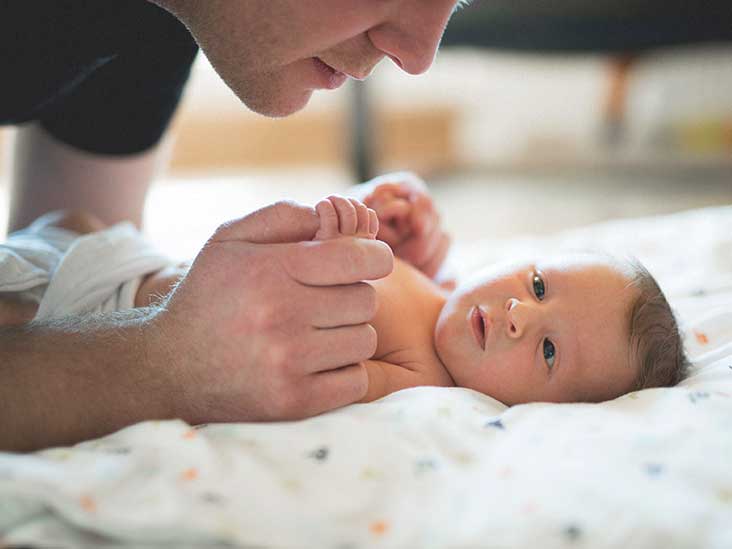
Newborn Grunting: Why Is This Happening?
5 Things You Didn't Know About Newborn Sleep | Kids in the House
Baby Grunting: When It Is Normal, Causes And Home Remedies
Why Do Babies Make Noises While Sleeping? – Woolino
Baby Grunting: Reasons, Signs and Treatment
Why Is Baby Such a Loud Sleeper?
Why Do Babies Make Noises While Sleeping? – Woolino
Your newborn's sleep - BabyCentre UK/148182506-56a059813df78cafdaa126a7.jpg)
Normal Newborn Breathing Sounds
Do Newborn Babies Make Noises While Sleeping - Newborn baby
White Noise for Babies: Pros and Cons
Why is My Baby Noisy When Sleeping? – Safe Sleep Space
Newborn Grunting: Why Is This Happening?
How White Noise Can Help Your Baby Sleep – Happiest Baby
White Noise for Baby Sleep - Mistakes to Avoid – Happiest Baby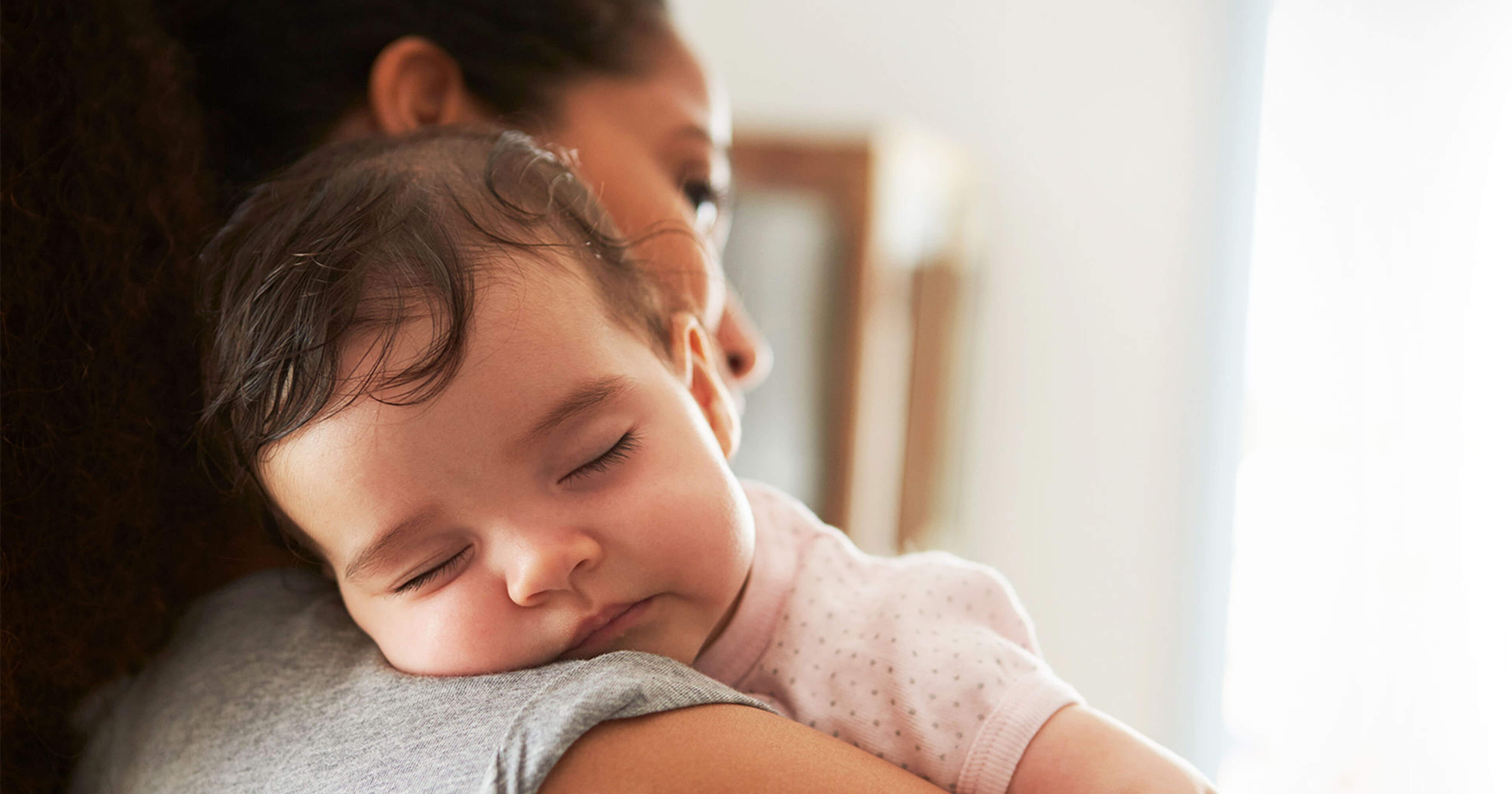
Baby Breathing Patterns: When to Worry & When to Relax
Ask Dr. Sears: Baby's Painful Night Noises - Parenting
Laryngomalacia: Is My Child's Noisy Breathing Serious? - Cincinnati Children's Blog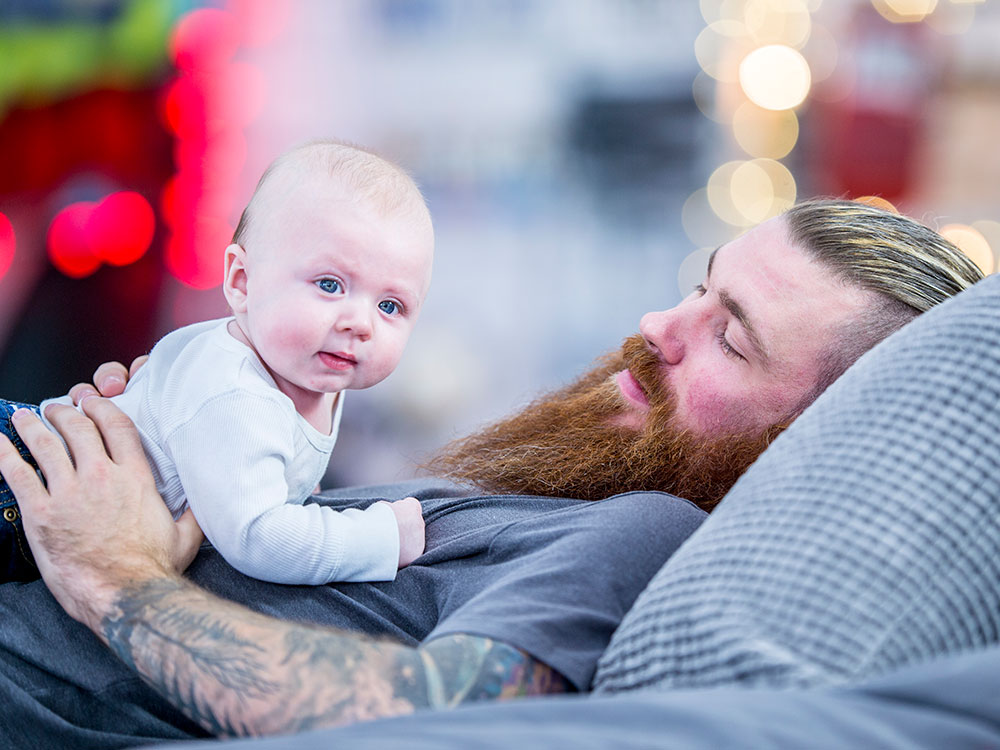
Light & noise: better baby sleep | Raising Children Network
Newborn Grunting And Squirming While Sleeping - Is It Normal?
Pin on super
Noisy Baby Breathing
Baby crying in sleep: What's normal and how to soothe them
Newborn Snoring: Why Does This Happen?
Baby sleep worries sorted - MadeForMums
Baby Grunting While Sleeping: What Every Parent Must Know
Newborn Baby Makes Noises While Sleeping - newborn baby
Newborne Breathing Noises: Whats Normal & What's Not
Baby crying in sleep: What's normal and how to soothe them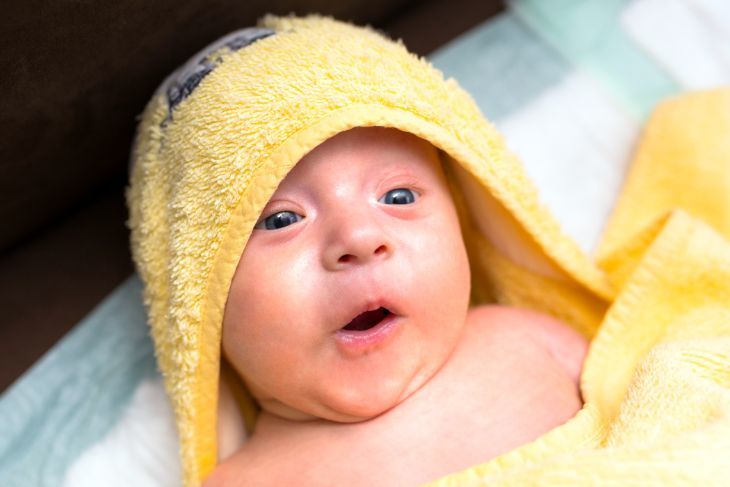
Newborn Grunting (Grunting Baby Syndrome) - Mom Loves Best
Newborns Grunting While Sleeping - Information & Noises
What Some Newborns Grunt While Sleeping - MMS
Helping Your Newborn Sleep at Night | Happy Family Organics
Newborn Baby Making Grunting Noises While Sleeping - Newborn baby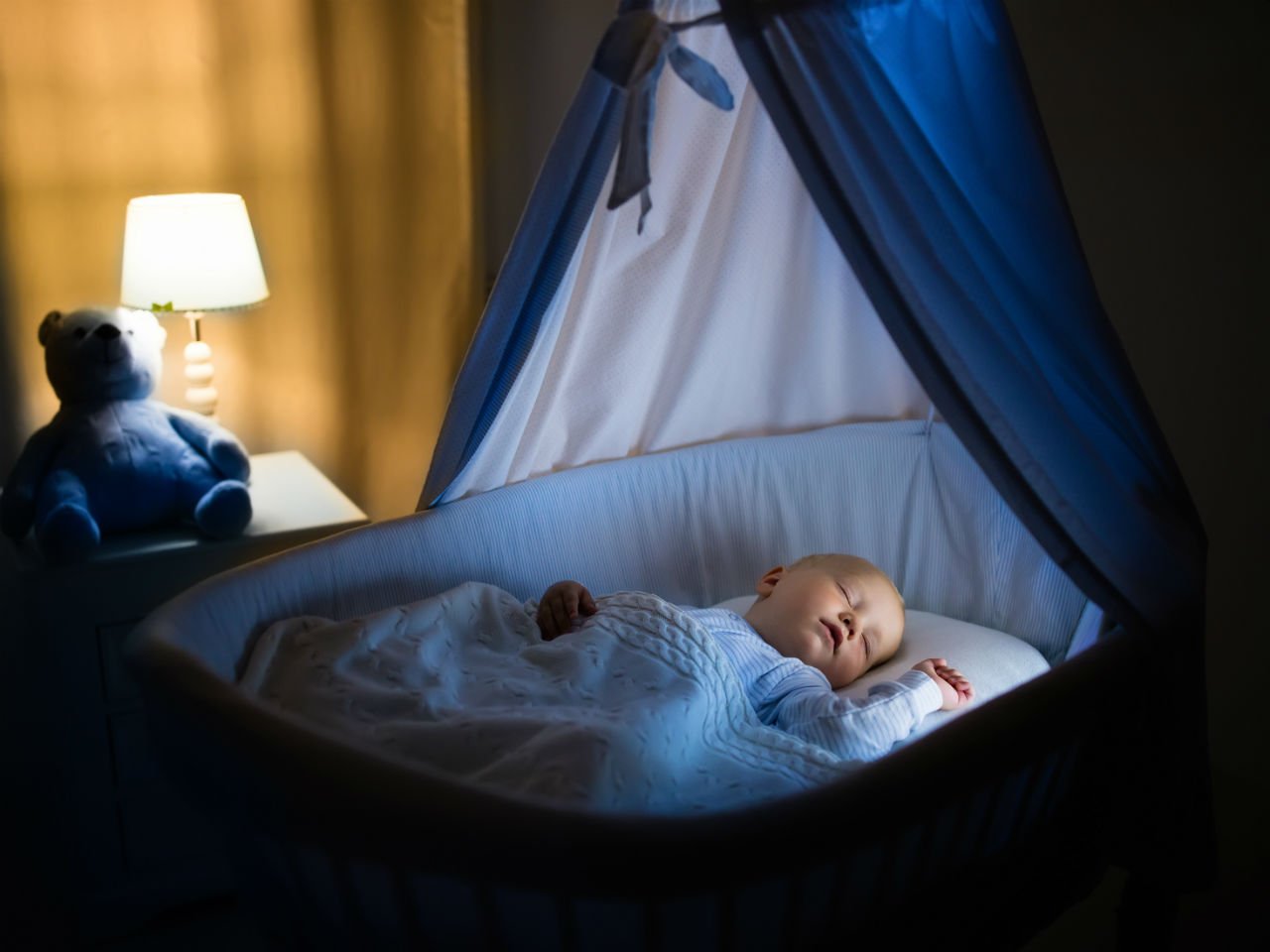
White noise for baby sleep: Is it safe for your little one's ears?
Why is My Baby Gasping or Sobbing in Her Sleep? | Be my baby, Newborn care, Baby care
 Grunting Baby Syndrome – While Sleeping at Night? by Lowell Arthur - issuu
Grunting Baby Syndrome – While Sleeping at Night? by Lowell Arthur - issuu/LisaWiltseContributor-f25dff1feda647b09e52cd1798b12a4b.jpg)








/148182506-56a059813df78cafdaa126a7.jpg)

























Posting Komentar untuk "baby makes noises while sleeping"